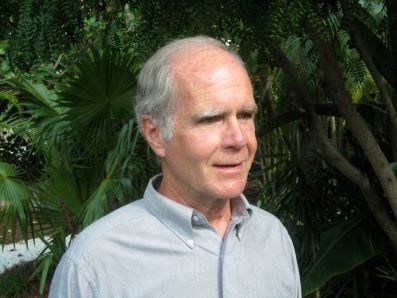Toxicology and Societies: Ted Schettler
Date
End Date
Location
Event Description
Title:The East Palestine, Ohio Train Derailment:Impacts, Uncertainties and Emerging Lessons
The derailment of multiple cars of a 1¾-mile-long Norfolk Southern train in East Palestine, OH on February 3, 2023, and the subsequent burning of chemicals contained in several of them, released large quantities of hazardous chemicals into the environment. Sections of town were evacuated for days. Many residents developed signs and symptoms of illness soon after the derailment, which abated when they left the area. In others, symptoms persist or recur. Evaluation of the nature and extent of contamination of outdoor and indoor environments, as well as communication with town residents, was poorly coordinated leading to confusion and mistrust. Most local clinicians were poorly trained to respond to this kind of emergency and its aftermath.
This presentation will summarize the nature of the chemicals immediately released and others potentially formed when several tank cars of vinyl chloride were intentionally emptied and their contents burned. It will briefly describe what is known about the toxicity of these chemicals and concerns about long term physical, emotional and social impacts of the disaster.
Clean up of contaminated soil is largely complete but concerns about contaminated water and re-release of contaminants into the air remain. Long term environmental and health monitoring will be essential.
Lessons from this preventable disaster are still being learned. It is essential that they not be ignored since hazardous materials are routinely shipped throughout the country in trains like this, with few crew members and time pressures that preclude adequate safety inspections and responses.
About the Speaker: Ted Schettler, Science and Environmental Health Network
Ted Schettler MD, MPH is Science Director of the Science and Environmental Health Network. (www.sehn.org) He is also Science Advisor to Health Care Without Harm, an organization seeking to reduce adverse public health and environmental impacts of health care institutions. He has a MD from Case Western Reserve University and a MPH from Harvard University. He is co-author of Generations at Risk: Reproductive Health and the Environment, In Harm's Way: Toxic Threats to Child Development, and Environmental Threats to Health Aging. He is also the author of The Ecology of Breast Cancer. He has published a number of articles on related topics in peer-reviewed journals and has served on advisory committees of the US EPA and National Academy of Sciences.
A recording of this event is available here.
Featured Image
Featured Image
